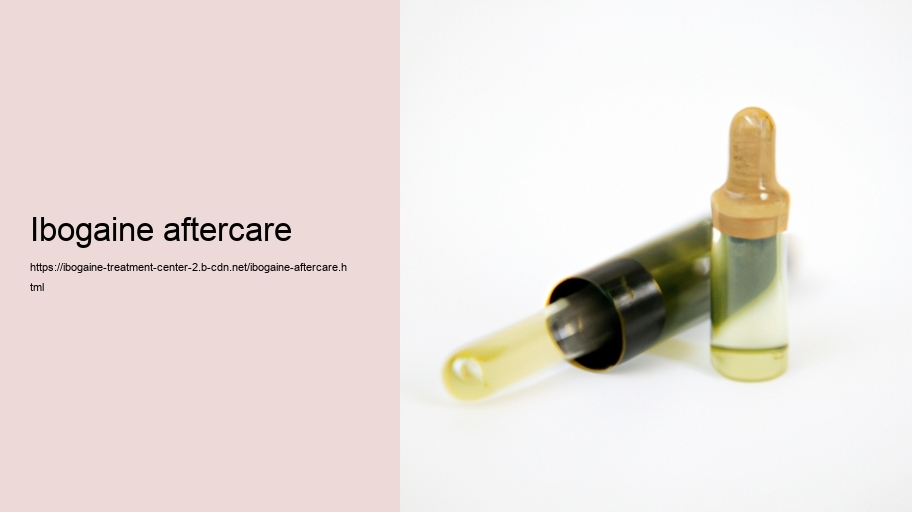Ibogaine Aftercare: A Journey of Sustained Recovery and Transformation
The road to recovery from substance dependence is a challenging path, often fraught with physical, emotional, and psychological hurdles. Ibogaine, an alkaloid extracted from the root bark of the African shrub Tabernanthe iboga, has gained notoriety as a powerful tool in the battle against various addictions. However, it's essential to understand that while ibogaine can be a catalyst for change, it is not a cure-all. The true work begins after the initial treatment—a pivotal phase known as ibogaine aftercare.
Aftercare is critical because ibogaine treatment provides a window of opportunity during which individuals are uniquely receptive to positive change. This period must be nurtured and supported to ensure lasting transformation. Let us delve into the components that make up effective ibogaine aftercare and how they contribute to sustained recovery.
Firstly, post-ibogaine treatment is characterized by reduced withdrawal symptoms and diminished cravings for many individuals. While this offers a significant reprieve, it does not address the underlying behaviors or psychological patterns associated with substance use disorder. Therefore, structured aftercare focuses on reinforcing new coping strategies through therapy and counseling. Cognitive-behavioral therapy (CBT), group sessions, and one-on-one counseling can help individuals unpack their addiction triggers and develop healthier responses to stressors.
Secondly, integrating back into "normal" life can be overwhelming for those who have just undergone a profound experience like an ibogainetreatment. Aftercare programs offer transitional support that ranges from sober living environments to ongoing participation in community support groups such as Narcotics Anonymous (NA) or SMART Recovery. These resources create a sense of accountability and provide social reinforcement from peers who are also committed to sobriety.
Nutrition and physical wellness play indispensable roles in aftercare as well. Substance abuse takes a toll on the body; thus replenishing and nurturing oneself through proper diet, exercise, and sleep is vital for healing both body and mind. Holistic practices such as yoga or meditation may also be introduced during aftercare to promote balance and mental clarity—tools that are invaluable when managing cravings or negative emotions.
Another crucial aspect of aftercourse involves rebuilding one's life with purposeful activities that foster self-esteemand purpose outside of substance use.Meaningful employment or volunteering opportunities can fill time previously occupied by addictive behaviors while contributingpositivelytosociety.Theseactivitieshelpinredefiningone’sidentityandasenseofself-worththatisdistantfromdruguse.
Lastly,supportfromfamilyandfriendsisessentialduringthisphase.Itisimportantforlovedonestounderstandtheprocessofrecoveryandsupporttheirrelativeorfriendwithoutenablingdestructivebehaviors.Educationalprogramsandfamilytherapycanbridgegapsofunderstandingandpromotestronger,far more supportive relationships.
In conclusion,the journey followingibogaieinterventioniscomplexandmultifaceted.Ibogaieaftercaredoesnotmerelyserveasamaintenanceprogrambutisanintegralcomponentofholistichealing.Itrequirescommitment,persistence,andatinestoatransformationthatgobeyondchemicaldependence,tacklingthecoreissuesattheheartofaddiction.Ibagianeaftercaresetsupindividualsforasolidfoundationuponwhichtheycanbuildlastingrecovery,reclaimcontrol,andultimatelyleadfuller,lifefulfilledlives.Clearly,itisthediligentworkpost-treatment—embracedwithpatience,support,andhope—thattrulymarkstheroadtowardtruefreedomfromaddiction.
